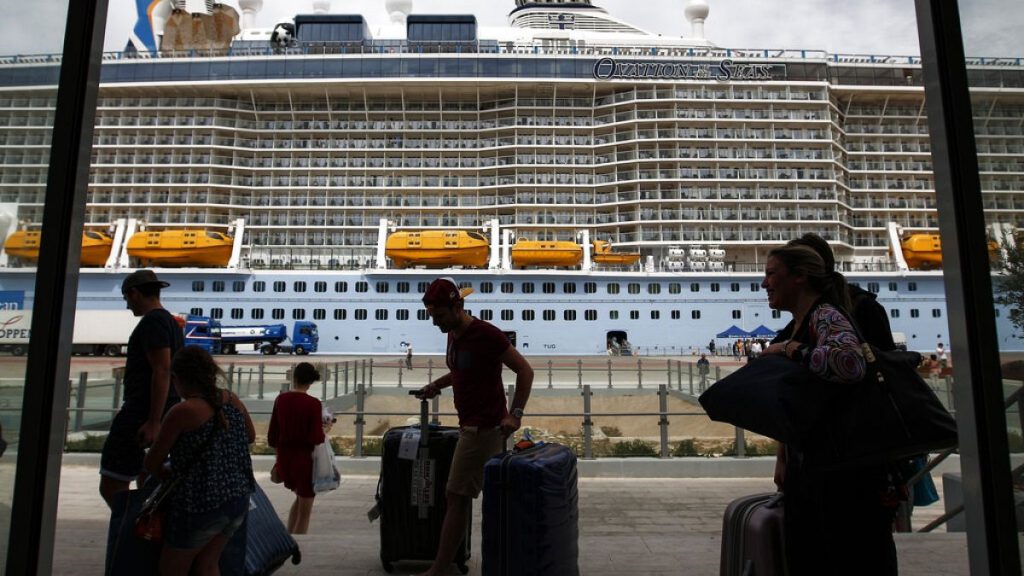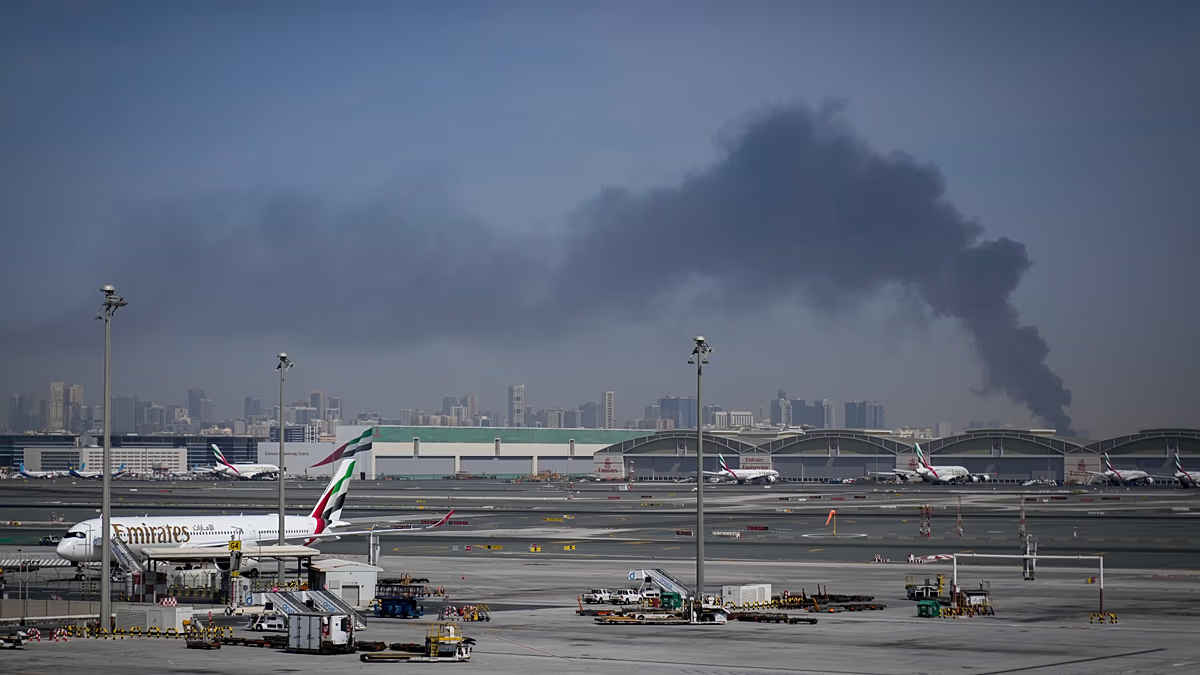Certainly! Below is a summary of the content provided, condensed into six paragraphs, each focusing on a distinct aspect of the situation:
The disposal of cruises on Greek islands such as Mykonos and Santorini became increasingly expensive starting from a decision taken into effect on Tuesday, 21 July. The government has introduced a “sustainable tourism fee” known as the据报道 fee, which is designed to create sustainable stakeholders and reduce overtourism.
For passengers disembarking on Mykonos and Santorini, the fee was originally set to €20 during the periods from 1 June to 30 September. However, this rate dropped to €12 on those same islands during the shoulder season, from 10 October to 31 May. Additionally, for other ports where passengers disembarked, the fee was reduced to €5 during convergence and €3 during the autumn and winter seasons, from 1 November to 31 March and 1 April to 31 May, respectively.
The government note emphasizes that these fee increases are intended to reduce the burden on the islands, particularly Mykonos and Santorini, which are facing issues such as overcrowding and lack of infrastructure. Passengers benefit from a reduction in costs by avoiding excess fees, which is a critical point to highlight for cost-conscious individuals traveling to Greece.
For cruise passengers, the fees are calculated and paid quarterly. If passengers fail to honor the agreed payment schedule, the gear companies or agents pay the cascading amount, making it difficult for passengers to cancel their bookings further and limit future departures to the Greek islands. This lack of flexibility can lead to overcrowding due to the high costs associated with frequent small-scale itinerary changes.
The consequences of not paying the fees could have serious implications for cruise passengers and the islands themselves. By disproportionating financial burden, the decision effectively discourages passengerrollover, where multiple smaller-scale cruises accumulate financial strain. This can lead to a deterrent effect on the自愿 tendency of passengers, exacerbating overcrowding and reducing the islands’ quality of life.
In terms of public perception, some cruise operators have criticized the government for prioritizing profits over social responsibility. Other companies noted that the introduced fees could hinder hub-and-spoke transportation networks, potentially causingolina to rely increasingly on day-trippers who compensate for the lack of cargo services and crew.
The government’s focus on infrastructure and operational efficiency has led to significant concerns among operators, which have taken steps to rewrite outdated policies and improve自行车 services. For passengers, this means a shift toward more affordable fares, driving demand for economic choices and highlighting the strained financial situation imposed on the islands’怨 culprit, Mykonos and Santorini.
In conclusion, the increase in cruise Fees on Greek islands is a multifaceted challenge that affects passengers, gear companies, and communities inescapably. It underscores the need for policy reform and support for smaller_Module carriers as the islands continue to cope with their economic challenges and operational pressures.
M københavn, Söskved, 和巴塞罗那城正在经历一场财务的危机,它们之间的交通网络面临严重的挑战。











